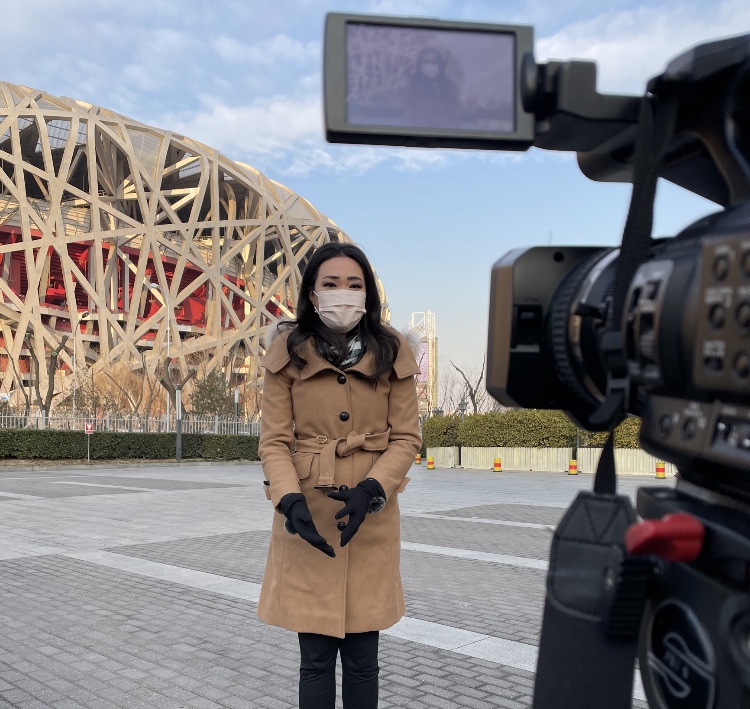NBCU Academy Presents: “Behind the Story”
NBC News Asia correspondent Janis Mackey Frayer and CNBC Beijing bureau chief Eunice Yoon discuss how they report in China while dealing with government restrictions, censors and lockdowns in Shanghai due to the Covid-19 pandemic. The following is a lightly edited transcript of their comments.
What is it like reporting in China?

Eunice Yoon: It’s incredibly challenging. Not only do you have to deal with government restrictions, but there have been issues that have historically been very sensitive in China, such as human rights or reporting on domestic politics, which are often difficult to report on as a foreign journalist.
Now, other topics are becoming much more sensitive, such as business news or economics. And with the pandemic controls and the government restrictions, it has been much harder.
Janis Mackey Frayer: Obtaining visas, accreditation and having limited access to anything official, like government briefings, is difficult. And people saying “no” to interview requests. Sometimes people see a greater risk in speaking to foreign media. They can be visited by police and have problems. We have to be very conscious of that in any reporting we do.
There’s also a language barrier. That’s why we rely on local journalists and fixers, people we hire to help arrange a story. We also have translators and drivers who connect us with people we need to talk to.
Yoon: It’s difficult to communicate with people, so Chinese social media have been incredibly helpful because you can monitor trends in China.
Frayer: It has become an invaluable resource for us, because in many ways it’s our only connection with a lot of the people and the stories we want to report on, and a way to obtain sources of information.
Tips to be an effective international reporter
1. Have a broad intellectual curiosity: Read about different countries, cultures and conflicts around the world.
2. Language skills.
3. Ask a lot of questions so you can come away with answers you can share with people.
4. Empathy: Think about how other people may live, imagine yourself in their shoes.
5. Present things fairly: Make sure you are honest and truthful in your reporting









